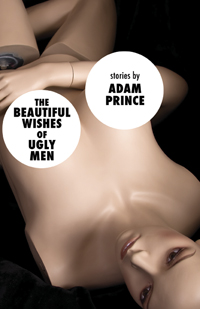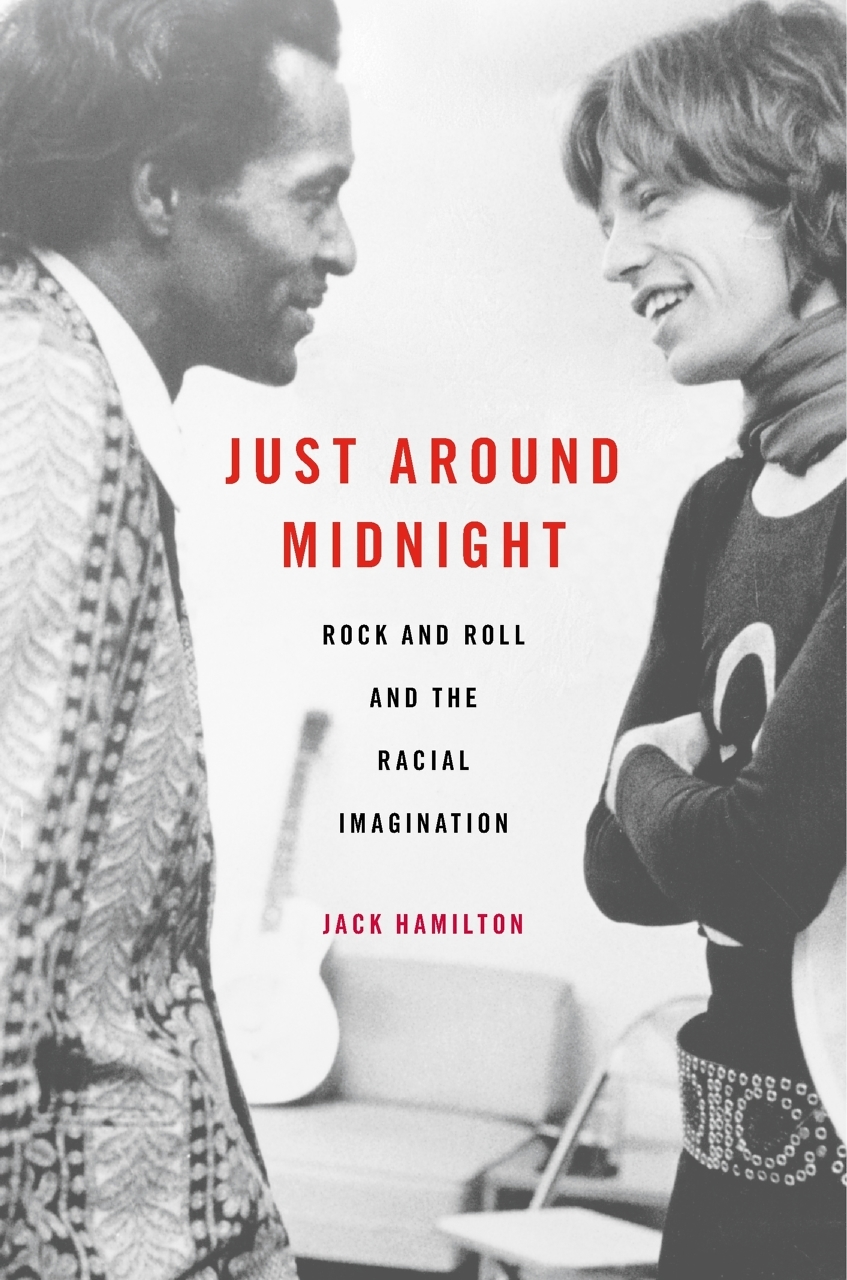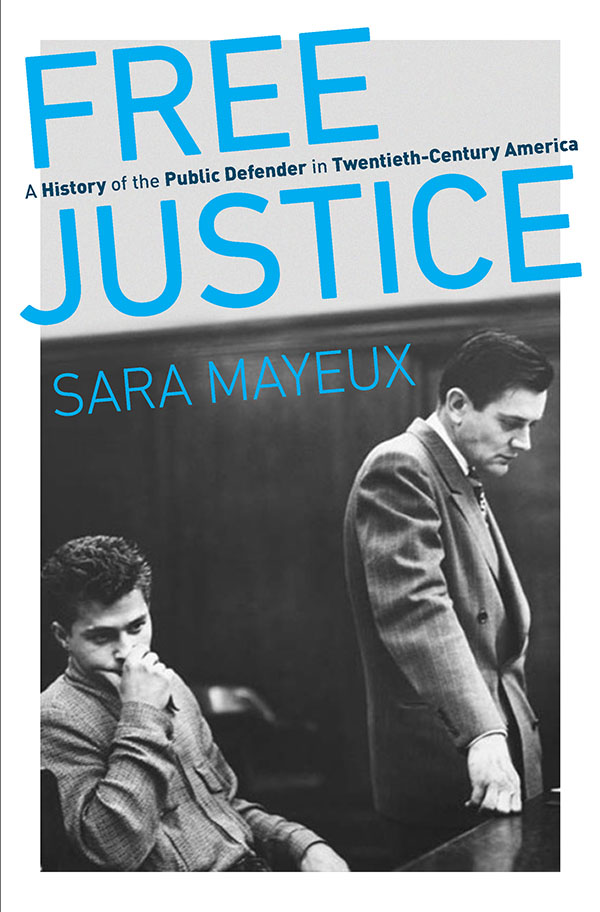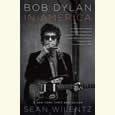Work at Men
In his short stories, Adam Prince considers the male psyche
In his first book, The Beautiful Wishes of Ugly Men, Adam Prince, who earned a Ph.D. from the University of Tennessee and is married to the poet Charlotte Pence, explores the male psyche in stories that are by turns touching and disturbing. The novel he’s writing now draws on “John LeCarre and a bit on Graham Greene,” he says, “and maybe even a bit on Chuck Palahniuk.” Prince is currently serving as Tickner Writing Fellow at the Gilman School in Baltimore, but he will return to the University of Tennessee for a reading on April 8. Prior to the event, he answered questions from Chapter 16 via email:
Chapter 16: In the past, many writers—from Ernest Hemingway to Harry Crews and Barry Hannah—have tried to define what it means to be male in America, yet the short fiction gaining attention these days seems to sidestep such existential questions in favor of literary experimentation. What drives you to explore the male psyche in The Beautiful Wishes of Ugly Men? Why have you avoided (at least in this collection) some of the literary bells and whistles (such as magic realism) employed by—to name a couple of other rising Tennessee writers—people like Kevin Wilson and Jamie Quatro?
 Adam Prince: It’s hard to say exactly why certain areas draw a writer’s interests. I’m sure the reasons I write about the male psyche are every bit as complicated as the male psyche itself. And I have no more hope of controlling what interests me than I would of altering my personality.
Adam Prince: It’s hard to say exactly why certain areas draw a writer’s interests. I’m sure the reasons I write about the male psyche are every bit as complicated as the male psyche itself. And I have no more hope of controlling what interests me than I would of altering my personality.
As far as the bells and whistles go, I did used to write more magical-realist stuff. My first published story was about a post-structuralist college professor who experiences the stigmata. Another one was about a guy who has a triceratops in his basement apartment and uses it to lure in women. I wrote those stories back in the late nineties, and I’m still proud of them. Still, as I continued to write, I got less interested in that kind of material, partially because the bells and whistles started to feel gimmicky, started to get in the way of those important existential issues, and partially because I was learning how to bring the quirkiness of those earlier stories into my realistic work. I became more interested in the deep strangeness of real people. So, for example, in “Action Figure,” someone like Kevin Wilson might have the action figure really be a voodoo doll of the main character. But I was more interested in a character who needs to believe that the action figure is a voodoo doll of himself. What’s the psychological makeup of that person?
Chapter 16: Speaking of ugly men, several of your protagonists are not very likeable human beings, yet the reader is drawn into their worlds with something akin to tenderness. What attracts you to flawed characters? What are your goals in exploring their lives?
Adam Prince: I write about flawed characters because I think it’s important to understand why people do bad things, why we hurt one another. It’s so tempting, so easy to say that someone who hurts us—a cheating husband, a racist, even a pedophile—is evil and to leave it at that. But the problem is that however tempting it may be, this kind of thinking doesn’t take us anywhere, doesn’t confront the complexity or reality of the human experience, doesn’t lead to understanding, forgiveness, or compassion. Chances are that short of being a psychopath, this person who has hurt us has all kinds of human motives and rationalizations, too. And sure, other writers have picked more uplifting material, but it seems to me that the province of literary fiction has to be unsettling truths instead of comforting lies.
There are people who have said that my book is offensive. And I know this can feel like murky territory, especially considering that tenderness toward the characters you mentioned. My characters want to be better people than they are. And I sympathize with that struggle. But that’s not to say that this book is some kind of celebration of male lust. Rather, it’s an investigation. That can be tough for some readers. In some ways even the title offers a challenge. To what extent can we really call these men ugly? To what extent can we call their wishes beautiful? And what’s the relationship there?
Chapter 16: Many of your stories unfold through exchanges of realistic, often surprising dialogue. How did you develop your ear for speech? Have you considered writing for the stage or screen?
 Adam Prince: That’s good to hear, since I’ve never thought of dialogue as one of my strengths. What you see on the page has been rewritten a lot. Generally, my technique with dialogue is to really overwrite it in the early drafts. Often, I’ll turn off my screen and just let the characters go at it for pages and pages. At that point, most of the dialogue ends up being boring, typical, and flat. Still, I try not to worry. And almost always, when I look back over that draft, I’ll a find an interesting line or two, maybe a tiny exchange that seems to capture who those particular people are in that particular situation. Once I have that little scrap, then I can start to see how it fits. Maybe I write more dialogue to fill out the scene or else I just use that single exchange. One of the many tricks with dialogue is that it should never, in any way, be filling space.
Adam Prince: That’s good to hear, since I’ve never thought of dialogue as one of my strengths. What you see on the page has been rewritten a lot. Generally, my technique with dialogue is to really overwrite it in the early drafts. Often, I’ll turn off my screen and just let the characters go at it for pages and pages. At that point, most of the dialogue ends up being boring, typical, and flat. Still, I try not to worry. And almost always, when I look back over that draft, I’ll a find an interesting line or two, maybe a tiny exchange that seems to capture who those particular people are in that particular situation. Once I have that little scrap, then I can start to see how it fits. Maybe I write more dialogue to fill out the scene or else I just use that single exchange. One of the many tricks with dialogue is that it should never, in any way, be filling space.
Something that used to bother me about my dialogue was that my characters often weren’t speaking directly to one another, that they were all holding their own simultaneous monologues. But then I learned I could capitalize on that quality, since this is often how people talk and since my characters in particular are really lost in their own psychologies, their own perceptions. It often happens that quirks in our writing that might seem like flaws early on can be turned around and made use of.
Chapter 16: There was a time when the average American read quality short stories for entertainment, in magazines like Look or The Saturday Evening Post. Now, in a world mediated by YouTube and Xbox, the audience for short fiction seems to get more insular and specialized by the minute. Is there hope for short fiction yet? What is the writer who wants to tackle the realities of blue-collar life to do when confronted with an audience that seems to consist entirely of Ph.D.s and M.F.A.s?
Adam Prince: Those are good questions. They’re questions I ask myself, and I’m not sure that I have any real insight into how this particular market operates. Still, I think a look at some other art forms that have already been eclipsed in popularity might be instructive. Look at poetry, for instance. That was the dominant mode of literature until the novel came along. And when people started to prefer the novel, then poetry had to adapt. At first, it tried to compete with the novel on its own terms, and you saw a lot of narrative stuff. Later, it tried to distinguish itself, to make its own niche, to say, “This is poetry and it can do certain things that fiction cannot.” You see something similar with plays confronted with film, with painting confronted with photography, and so on.
It’s a pet theory of mine that the life cycle of almost any art form is to start as “trash,” move into pop, gradually accrue cultural capital until the academics start talking about it seriously, and then to be eclipsed by something else. Look at jazz, for instance, or even rock. After a certain point, the art form will probably retain its cultural capital, but it’s not going to get its audience back. I don’t know that it does much good to lament this. It’s just true. Seventy-five years from now, professors will be teaching Call of Duty: Black Ops to a bunch of bored college students who spend most of their time in some alternate reality.
I also don’t think it makes much sense to say that a slackening of popular interest in literary fiction somehow means the end of civilization or intellectual vitality. One of the many things that the success of shows like Mad Men and Downton Abbey demonstrates is that people crave content and depth. Sure, they might turn to YouTube for a bit, and that stuff is fun, but it doesn’t offer much sustenance. You can’t live on Fruit Loops and tortilla chips, though I guess some people try.
The challenge, I think, is for literary fiction to keep discovering what it can do that no other genre can, but to do that without becoming esoteric. So when it comes to my own work, I’m trying to offer entertainment and nuance simultaneously—to be both delicious and nutritious. It’s possible, but it’s not easy.
Adam Prince will give a reading at the University of Tennessee in Knoxville on April 8 at 7 p.m. in the John C. Hodges Library auditorium. The reading is free and open to the public.





